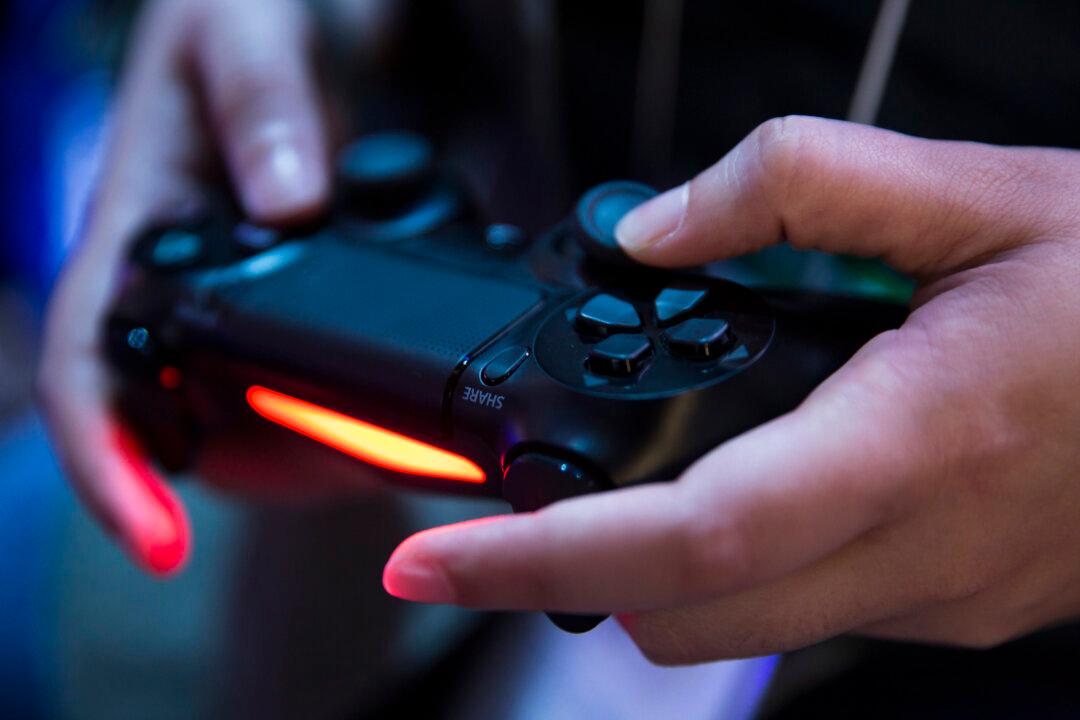A Japanese court on Tuesday dismissed a lawsuit filed by a 19-year-old man and his mother who argued that a local ordinance limiting video game playing time was unconstitutional.
The ordinance, first introduced in the Kagawa Prefecture in April 2020, suggests that parents limit video gaming time for children under 18 to 60 minutes per school day and 90 minutes on weekends.





